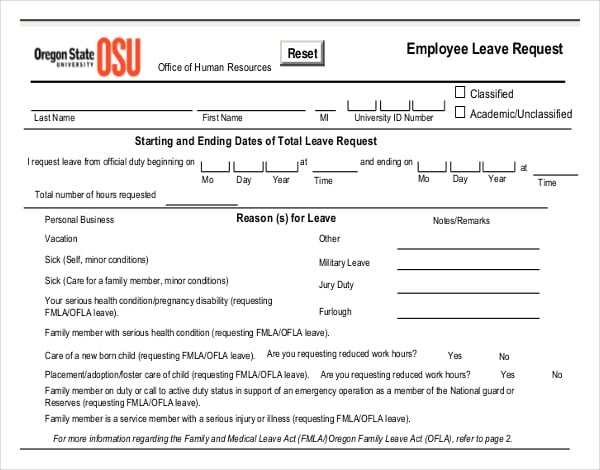
If this happens, a central condition will be that the notice must be regarded as having a great deal of significance for the working relationship as a limitation for the employee, by for example hindering his/her opportunities for career growth within the organization. Yet cases concerning a notice’s injustice may be allowed to be presented to the courts. This is because a notice normally has no legal power in and of itself, even if it subsequently may be given significance. The employee can confirm having received the notice and make a note on it that the basis for the notice is being disputed, giving a brief explanation of the reasons for this dispute.Īn employee can essentially not go to court and demand a ruling declaring that a notice must be rescinded. However, the employee is not obligated to accept the notice’s contents.Īn employee who has received a notice that he/she feels is unjustified must consider taking up the case with their employer in order to get them to rescind or moderate it. The employer normally requires the employee to sign off on having received the written notice, which is routine practice.

This practice presupposes a requirement for objective reasons, meaning that the notice must be based on correct facts, must cover a reasonable need and must not represent a disproportionate or unreasonable reaction to the recipient." "A notice is issued as a result of an employer practicing their right to exert authority. "It could have been appropriate that the meeting that had been urged by the director, when A himself could determine the meeting time and bring a union representative to it, had been held before such a strong reaction as a notice implying dismissal was issued." Must an employee accept a written notice? In the ruling from the Borgarting Court of Appeals in 2006 (LB-2005-30042), the court takes up this same question, stating: There is no formal requirement stating that it is the organization’s chief executive that has to issue the warning, nor is there any requirement regarding the ensuing case process (that the company board must review the case, etc.).Īt the same time, the question may be raised as to whether or not the employer should have discussions with the employee before issuing any written notice. that this may have consequences for the employment relationship)

What are the processing requirements in a written notice case? Examples of when a notice should be issued to an employee include: violation of safety procedures, violation of employee’s duty of loyalty, non-compliance with working hours, etc. It is only when employees don’t change their behavior after receiving clear corrections have been given that there will be reason to issue a written notice to them. On the contrary, the first course of action is usually to have a supervisor give this employee informal verbal guidance either during the workday or speak with him/her at more formal scheduled meetings. It should be noted that a written notice is not an implement to be used the first time an employee doesn’t follow the company’s job performance guidelines or behaves in an undesirable manner at work. When can a company issue a written notice? In order for the employer to be able to convince a court that the situation may end with a dismissal if the employee continues to deviate from a previously issued corrective indictment, the follow-up documentation in the form of a written notice may be a deciding factor in the case. If subjective criteria for this selection such as “suitability”, “ability to cooperate” and the like are utilized, an employee who has gotten a written notice will be in a far worse situation than one whose record is “immaculate”. It is also the case that a notice can become significant during an employee selection process when an organization is downsizing and/or there is redundancy.


 0 kommentar(er)
0 kommentar(er)
